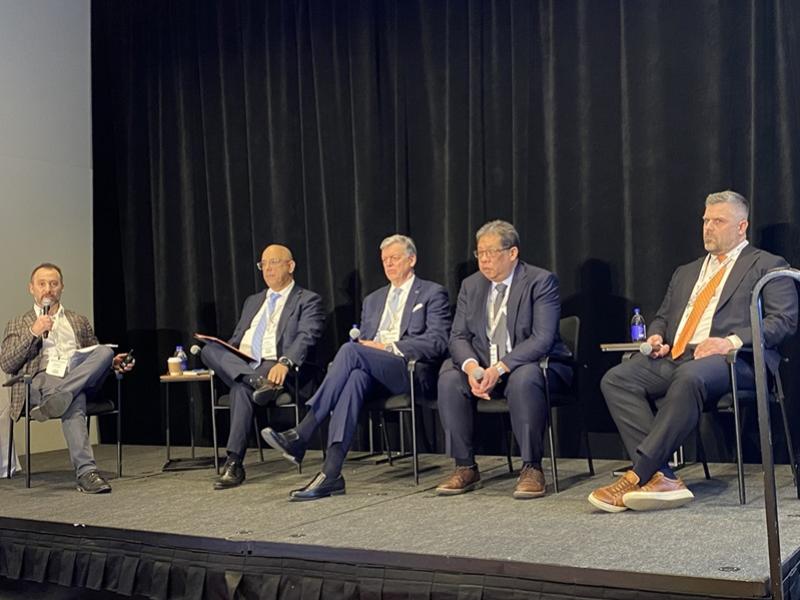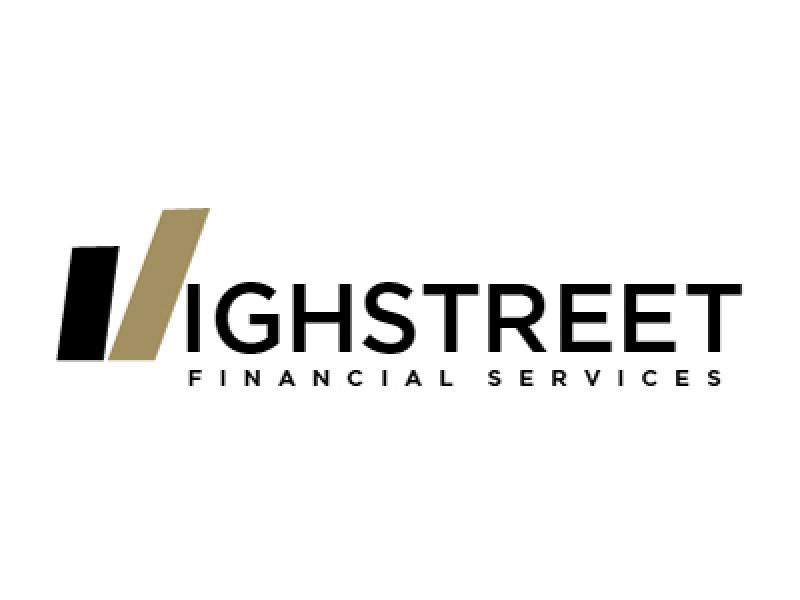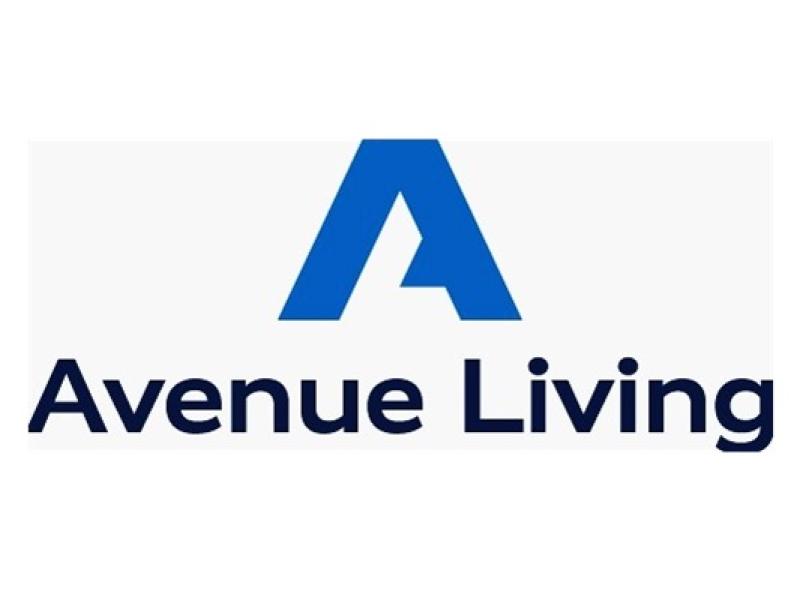GUEST SUBMISSION: The irony of affordable housing is that mandating it makes housing less affordable.
This was highlighted by the Burnaby, B.C. planning department's bombshell report on Oct. 4, which concludes that affordable housing does not work.
Even when developers are willing to build for no profit, banks and investors, who are critical to project funding, won’t provide the needed capital. While the city may ask for, and project optimistic numbers on paper, the reality is that a lack of completed projects translates to lower tax revenues and fewer housing options.
This hurts the overall housing affordability situation.
A good example is shown on Table 5 from the city staff report (see chart below). There have been only 25 completed affordable housing units by the private sector since the mandating of affordable housing six years ago.

Our team experienced this firsthand with a project on Willingdon in Burnaby, which is now in foreclosure. The site was economically feasible before city council updated its policy to require 20 per cent of units in new developments to be designated as affordable housing.
One of the main problems is Burnaby started double dipping.
The city mandates 20 per cent of the units be classified as “affordable”, but effectively at social housing rates as we have previously defined in our article The Affordability Scam. The rates are so low they result in significant losses to build and operate, creating a massive initial and long-term tax burden on development.
Additionally, Burnaby recently adopted some of the highest development taxes in B.C. by increasing its Development Cost and Amenity Cost charges by approximately 1,200 per cent (based on a previous development cost charge of $3.55 per square foot, and using an average unit size of 700 square feet). This further damaged the already fragile real estate market.
The results of Burnaby's actions
As a result, the entire City of Burnaby has seen only three land transactions during 2024, according to Altus Studio’s land transaction database. Typically, we expect to see between 10 and 20 transactions in a normal year, which is a good predictor of potential development taxes collected and the number of affordable units built.
With the province mandating that any affordable housing must be demonstrated as economically feasible, staff took on a momentous effort, with industry experts, to put together an extensive feasibility study, which challenges that affordable housing has broken development. To fix these issues, the report outlines the necessary changes and proposes amendments to affordable housing such as:
- Eliminate the 20 per cent affordable housing requirements for any development up to six storeys.
- Reduce the 20 per cent affordable housing requirement to 15 per cent at CMHC median rents for developments up to 12 storeys.
- Reduce affordable housing requirements from 20 per cent to 10 per cent affordable for developments over 12 storeys (five per cent of the units at CMHC median rates, five per cent of the units 20 per cent below).
- Remove all affordable housing requirements on rental development.
- Consider cash payment equivalent to the value of inclusionary rental housing, instead of building it.
The report solidifies what the real estate industry has been saying all along: instead of projections, we need concrete results.
If these changes are adopted, Burnaby would continue to collect some of the highest development taxes in British Columbia while remaining a feasible place for growth.
More importantly the amendments will signal that Burnaby is again open for business, ready to collaborate with the development community to tackle the housing crisis and ensure the city’s continued prosperity.
EDITOR'S NOTE: This submission was originally published on Apartment Blocks. This updated version is republished here with the permission of the author. The article was updated after publishing to reflect additional information which was presented to council on Oct. 7.








